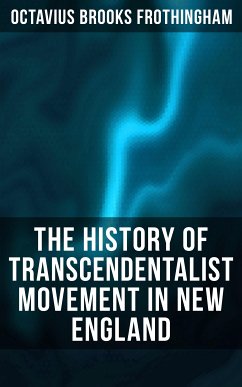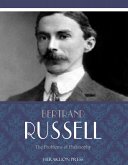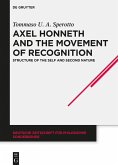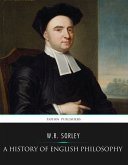In 'The History of Transcendentalist Movement in New England' by Octavius Brooks Frothingham, the reader is presented with a comprehensive exploration of the transcendentalist movement that swept through New England in the 19th century. Frothingham delves into the origins of the movement, its key figures such as Ralph Waldo Emerson and Henry David Thoreau, and the impact it had on literature, philosophy, and society at large. His literary style is scholarly and engaging, providing a thorough analysis of this influential period in American history. This book is a valuable resource for anyone interested in the transcendentalist movement and its lasting legacy in American culture. Octavius Brooks Frothingham, a prominent historian and author, was well-suited to write about the transcendentalist movement due to his deep knowledge of American intellectual history. His expertise shines through in this meticulously researched work, offering readers a nuanced understanding of the transcendentalists and their beliefs. Frothingham's writing is both insightful and accessible, making this book a must-read for scholars and enthusiasts alike. I highly recommend 'The History of Transcendentalist Movement in New England' to those interested in American literature, philosophy, and history. Frothingham's thorough examination of the transcendentalist movement provides readers with a nuanced perspective on this significant period in American intellectual history.
Dieser Download kann aus rechtlichen Gründen nur mit Rechnungsadresse in A, B, BG, CY, CZ, D, DK, EW, E, FIN, F, GR, H, IRL, I, LT, L, LR, M, NL, PL, P, R, S, SLO, SK ausgeliefert werden.









